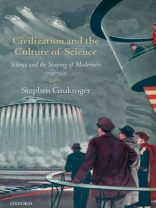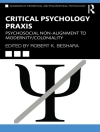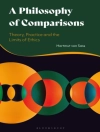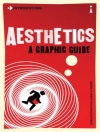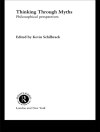How did science come to have such a central place in Western culture? How did cognitive values-and subsequently moral, political, and social ones-come to be modelled around scientific values? In Civilization and the Culture of Science, Stephen Gaukroger explores how these values were shaped and how they began, in turn, to shape those of society. The core nineteenth- and twentieth-century development is that in which science comes to take centrestage in determining ideas of civilization, displacing Christianity in this role. Christianity had provided a unifying thread in the study of the world, however, and science had to match this, which it did through the project of the unity of the sciences. The standing of science came to rest or fall on this question, which the book sets out to show in detail is essentially ideological, not something that arose from developments within the sciences, which remained pluralistic and modular. A crucial ingredient in this process was a fundamental rethinking of the relations between science and ethics, economics, philosophy, and engineering. In his engaging description of this transition to a scientific modernity, Gaukroger examines five of the issues which underpinned this shift in detail: changes in theunderstanding of civilization; the push to unify the sciences; the rise of the idea of the limits of scientific understanding; the concepts of ‘applied’ and ‘popular’ science; and the way in which the public was shaped in a scientific image.
Stephen Gaukroger
Civilization and the Culture of Science [PDF ebook]
Science and the Shaping of Modernity, 1795-1935
Civilization and the Culture of Science [PDF ebook]
Science and the Shaping of Modernity, 1795-1935
购买此电子书可免费获赠一本!
语言 英语 ● 格式 PDF ● 网页 480 ● ISBN 9780192588920 ● 出版者 OUP Oxford ● 发布时间 2020 ● 下载 3 时 ● 货币 EUR ● ID 8103740 ● 复制保护 Adobe DRM
需要具备DRM功能的电子书阅读器
